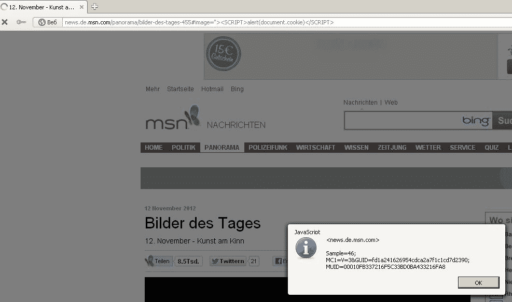When Edward Snowden leaked the details of NSA’s PRISM program, the U.S. government was quick to point out that NSA’s wiretapping is overlooked by FISA courts. However, it has now transpired that FISA courts have been taking huge liberties with their interpretations of different laws, usually aiding NSA in acting unabated.
Known as ‘Foreign Intelligence Surveillance Court’, these courts have been the sole arbiter of what’s right and what’s wrong, when it comes to NSA’s wiretapping measures. In other words, FISA courts have long acted without any accountability.
And that has lead to many twisted interpretations of law by these courts. In fact, the FISA courts have gone so far as to find out ‘exceptions’ to the Fourth Amendment under the pretext of ‘special needs’ doctrine. The way this doctrine is being used allows NSA not only to wiretap foreigners but also U.S. citizens.
In a recent example, the courts allowed NSA to look into an email sent within the U.S. According to the documents, NSA suspected that the email in question may contain schematic drawing of Iran’s nuclear program. Such flimsy, uncertain and unverified ‘reasons’ can be cited by the spy agency to virtually look into any email it can lay its hands on – and the courts would permit that.
Interestingly, FISA courts have vehemently opposed any attempts to publicly reveal the details of their decisions. Apparently, doing so will cause the public to discern the shady manner in which FISA courts operate, and thus expose the so-called check they keep over NSA’s wiretapping program.
Courtesy: NYT
[ttjad keyword=”htc-phones”]




